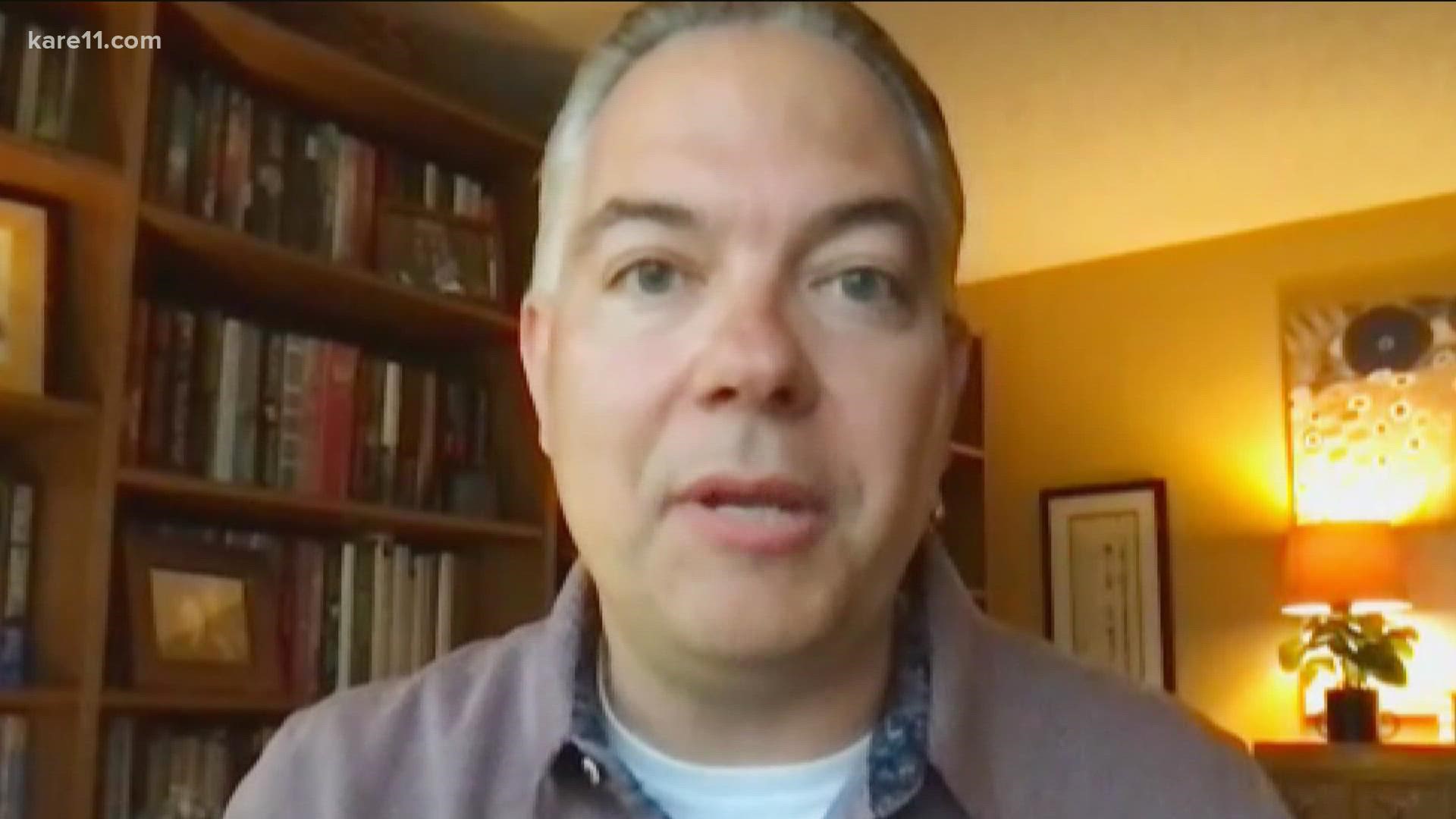GOLDEN VALLEY, Minn. — Vaccination requirements are expected to come more frequently now that the FDA approved the Pfizer COVID-19 vaccine, with an expectation that Moderna may soon follow.
With the FDA's seal of approval, the coast became clearer for workplaces to say the vaccine is now mandatory to work at their business.
"Absolutely private entities, private employers can mandate their employees to get vaccinated with two exemptions: health exemption and legitimate religious exemption," says University of Minnesota law professor Tim Johnson.
A medical exemption would mean you can prove that getting the vaccine would harm you.
A religious exemption is a little more nuanced.
"The court that is the USSC (United States Sentencing Commission) has never really fully defined what it means to show that you have this particular religious belief, but what the court has said is it needs to be reasonable so if you allow a religious exemption that your religion really is stopping you from getting this vaccine for this virus," Johnson says.
But, this changes a bit when it comes to folks working in some areas of health care.
"You know they are really in a separate category," Johnson says. "There are certain categories of workers and it is those frontline workers where you are going to say, 'there is no exemption,' and courts of law have upheld that argument. It is we cannot have people who might be carrying COVID treating people for heart disease or a broken leg because they could very clearly pass it on to patients working at that time."
Those are the kinds of reasons already given by courts when healthcare workers in some states have sued because they were mandated to get the shots. The court sided with the health care systems saying, 'Yes, the bosses of health care companies or facilities can require you to get the vaccine to keep your job.'"
But back to places of private employment, which is where most people work. What if a person says, "Hey, it's my body, my choice, you can't make me"?
Professor Johnson says, "100% the government has recognized, and all the way to the USSC has recognized, that a private place of employment can put restrictions of almost any kind on you to come to work."
Just like your work can say you can't smoke at your desk, or you have to take drug tests annually, it can say vaccines are a must sans those exemptions mentioned earlier.
"What if I say, 'That's discrimination, you are discriminating against my right to make a decision for my body?'" Johnson posits. "Well, it turns out that unvaccinated people are not a protected class of people in the United States."
"There is no discrimination against someone who doesn't want a vaccine. You can make your choice to not be vaccinated but you also have to suffer those consequences," he says.

